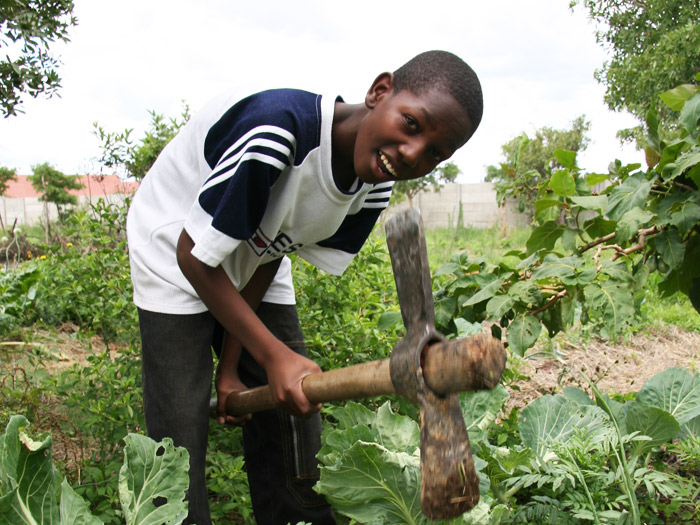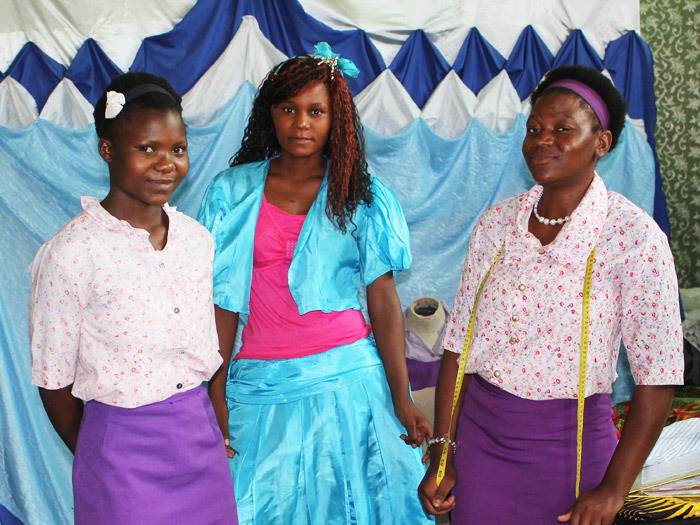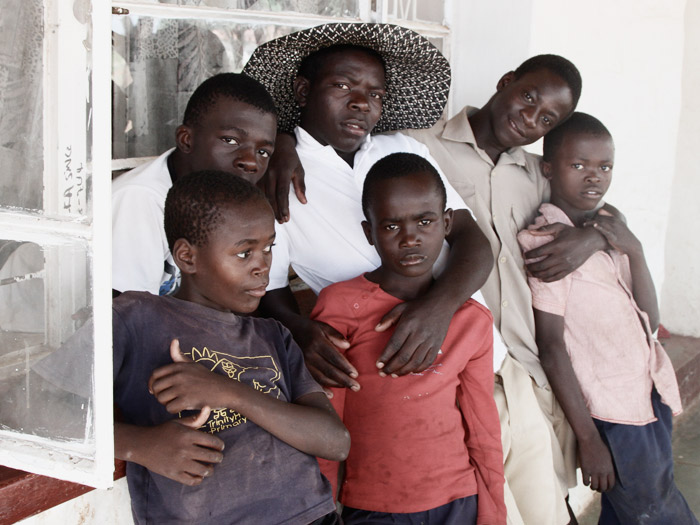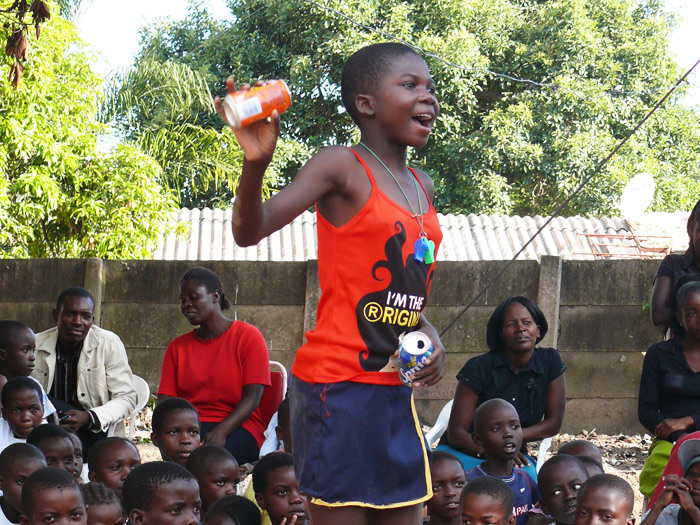Zimbabwe
The Country Programme in Zimbabwe places the focus on reducing all forms of child abuse and exploitation, and improving the resilience and coping mechanisms of the most vulnerable children and their caregivers.
The main aim is to contribute to the strengthening the overall wellbeing of vulnerable children through integrated community based approaches that include immediate relief (food, clothing, shelter), combined with more durable solutions, with a particular emphasis on education and livelihood opportunities. At the same time children and youth are empowered to become agents of change who raise awareness and seek solutions for issues that affect them. National advocacy is realised in collaboration with implementing partners, youth groups and child rights networks, who highlight in particular the issue of child marriages and the situation of children in the context of migration. Partner organisations work with children living on the streets, migrant children, child workers, children heading households and orphans in general. The program runs in the two metropolitan provinces of Harare and Bulawayo, and in the Midlands and Masvingo Provinces.
Project Example
Community Driven OVC and Youth Project
The project utilises existing community structures for sustainability and continuity. It work closely with government and community leaders using a rights-based and participatory approach.
Achievements to date include:
- Improved nutritional status of children through enhanced food security and knowledge on nutrition in participating households. Extra vegetables from nutrition gardens are sold to meet small household expenses such as for health, school and transport
- More than 700 children participate regularly in child and youth led activities. Child Protection Committees (CPCs) were equipped to function as proactive child protection systems to prevent child abuse in the community.
- Safe child friendly play areas were established in targeted wards and communities affording children regular play opportunities. Benefitting children are demonstrably happier, improved their physical development and have a higher sense of security at the community level.
- 70 marginalised children benefited from education assistance thus improving their future life perspectives.
“The community-driven Orphans and Vulnerable Children (OVC) and Youth project, implemented by the organisation MASO (Midlands Aids Service Organisation), aims at strengthening communities’ capacity to respond to child and youth needs. It uses an integrated approach including nutrition, education, vocational training, psychosocial support, play and recreation and child protection to build a community free from violence and exploitation of children. ”





